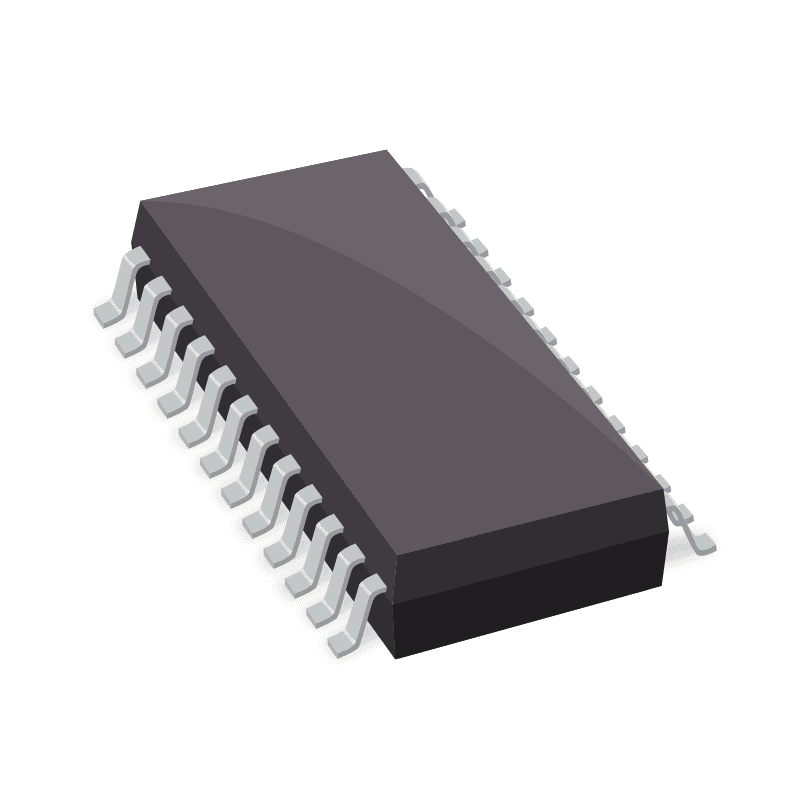SP330EEY-L/TR

Let us do the sourcing. Even if it's not available now, our team can track it down and tailor a solution just for you.
- High Data Rate up to 20 Mbps
- Supports RS-232 RS-485 and RS-422 Interfaces
- Wide Supply Voltage Range: 3 V to 5.5 V
- Operating Temperature Range: -40°C to 85°C
- Compact TSSOP-24 Package for Space-Saving Designs
The MaxLinear SP330E Series is a versatile and high-speed transceiver designed for RS-232, RS-485, and RS-422 communication protocols. With a maximum data rate of 20 Mbps, this component is ideal for applications requiring reliable data transmission in a compact TSSOP-24 package. Operating within a wide temperature range from -40°C to 85°C, it ensures robust performance in various environments. The SP330E is perfect for surface mount applications, making it a go-to choice for modern electronic designs.
The SP330E Series transceiver is commonly used in communication interfaces for industrial automation, automotive applications, and data acquisition systems. It supports multiple standards including RS-232, RS-485, and RS-422, providing versatility in data transmission. Ideal for engineers and developers, it enables high-speed communication at data rates up to 20 Mbps in a compact TSSOP-24 package.
Fusion’s in-house quality hubs and Prosemi testing facility are fully certified to meet critical industry standards for electronic component inspection and testing.
Let us do the sourcing. Even if it's not available now, our team can track it down and tailor a solution just for you.